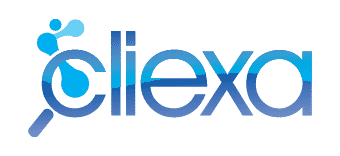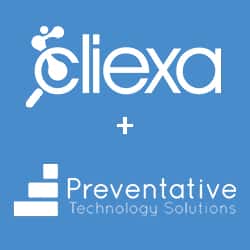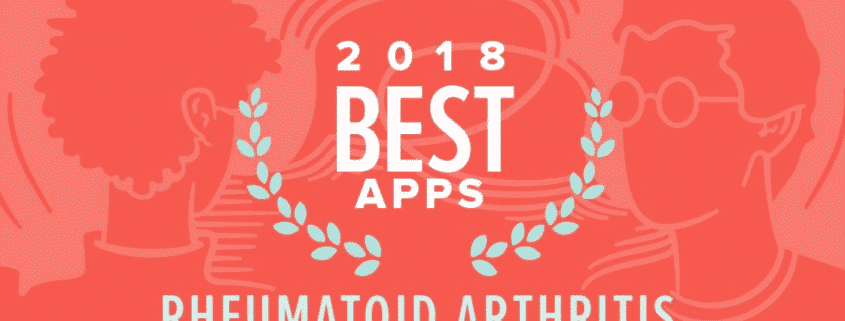The Importance of Quality Reporting
With constant access to the internet, consumers can shop around for the best product and services for almost every scenario. This even includes their healthcare. Patients no longer continue going to the same hospital because they were born there, their family does, or it is closest. Patients can pick and choose their doctor or hospital based on their quality reporting scores, patient outcomes, and cost. Various websites provide this service, as well as Centers for Medicare & Medicaid Services (CMS) or Merit-based Incentive Payment System (MIPS) public data.
Whether it is weak quality reports, lackluster patient outcomes, or high costs, patients will seek out other physicians to ultimately find the best care (See Your MIPS Score Stays with You). With the increase in healthcare locations across the country, some patients now have the option to choose their provider and institution at which to receive care. The rise of mobile technology is lending to patients receiving their care at home, saving time and effort on their end while improving the overall patient experience for the healthcare system. This newfound choice creates a greater emphasis on physicians and hospitals to pay attention to their quality reporting and patient outcomes.
The numbers of patients with multiple comorbidities are higher than ever before. These comorbidities and chronic conditions are extremely impactful to the care a physician gives to their patient. In addition, chronic conditions and comorbidities are impactful in understanding the way a patient responds to treatment and recovers from surgeries and other interventions. It is essential that physicians are collecting data, not only thorough past medical history for their patients, but also medications, and family health history.
The Role of Digital Health in Quality Reporting
For a practice to effectively collect this much data for each patient, it is incredibly time-consuming. A significant amount of time is required to not only have the patient read and sign consent forms, but also to complete intake forms for necessary information, and input all of this into the electronic medical record for the physician to read. Time and resources are precious in clinical and hospital settings, which is why it is so important to implement technology that aids clinical and hospital staff in completing this.
cliexa not only digitizes all consent forms and intake questions but discretely integrates each aspect of the clinical forms into the electronic medical record (EMR). Medical data now appears instantly in the EMR, just like a staff member or a medical assistant would have typed it. Medical staff and physicians can then review the information that is already in the EMR and proceed to treat the patient from a well-rounded point of view. cliexa allows the patient to complete their consent and intake forms while away from the clinic. Patients download the cliexa application and complete their paperwork, taking the time constraints away from the clinic or hospital, and allowing the patient to be more thorough in their information.
Receiving accurate and thorough past medical history, medications, and family history have huge effects on patients’ outcomes and quality reporting. A physician can use cliexa to identify a higher incidence of heart disease in a patient’s family and use this information to not only order tests and screen for heart disease in their patient but also discuss weight-loss strategies and lifestyle changes [1]. Our platform is designed to aid a physician in their foresight to catch an issue before it arises. This helps ensure physician’s patient outcomes and naturally improves quality reporting. Likewise, a surgeon can utilize cliexa and identify if their patient is a current smoker. They can use this information to assess the increased risk their patient has when consenting to elective surgery [2]. By including that data in their reporting, they are not only protecting themselves but can also start a conversation regarding smoking cessation with that patient.
In a time when quality reporting and patient outcomes not only influence your success as a physician but also how many patients you see and retain, it is more important than ever to partner with cliexa to help you achieve this. It is becoming more important to understand the needs and desires of patients to ensure your MIPS scores do not suffer, and virtual health is one way to address changing patient needs. While patient experience is subject to change over time, quality reporting, patient outcomes, and physician ratings are only updated every two years. From the time you notice that your data is negative, it will take an additional two years to see if your outcomes have changed positively. Time is of the essence to enhance your data, receive more patients, and improve your quality reporting and patient outcomes.
[1] Moonesinghe, R., Yang, Q., Zhang, Z., & Khoury, M. J. (2019, July 16). Prevalence and Cardiovascular Health Impact of Family History of Premature Heart Disease in the United States: Analysis of the National Health and Nutrition Examination Survey, 2007-2014. https://www.ncbi.nlm.nih.gov/pmc/articles/PMC6662130/ [2] Theadom, A., & Cropley, M. (2006, October). Effects of preoperative smoking cessation on the incidence and risk of intraoperative and postoperative complications in adult smokers: a systematic review. https://www.ncbi.nlm.nih.gov/pmc/articles/PMC2563647/




